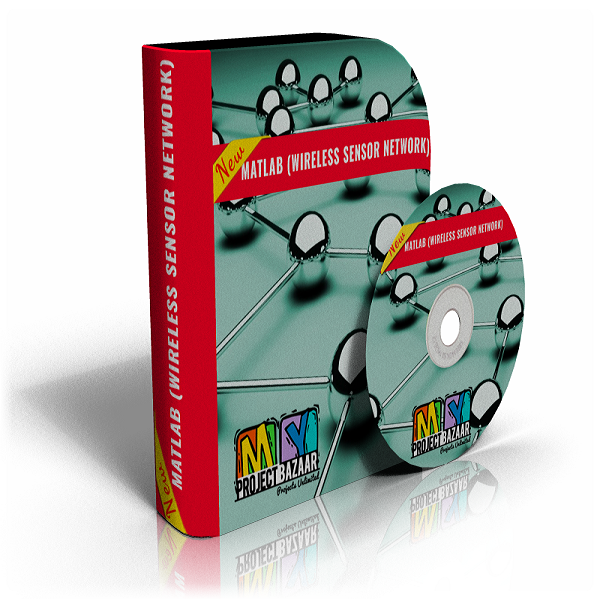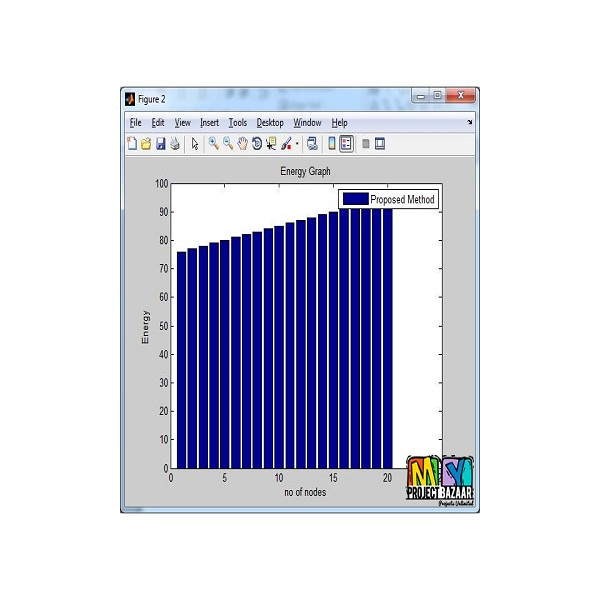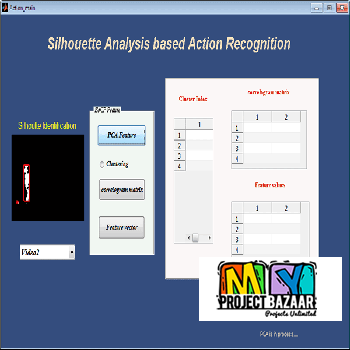
Energy-Efficient Clustering Using Correlation and Random Update Based on Data Change Rate for Wireless Sensor Networks
Product Description
Energy-Efficient Clustering Using Correlation and Random Update Based on Data Change Rate for Wireless Sensor Networks
Abstract— An energy-efficient clustering method using random update (EECRU) for wireless sensor networks. We divide the network into preliminary clusters depending on the temporal and spatial correlation of sensor data. These clusters are then updated by applying a dynamic update policy and a cluster head rotation scheme, where the change of sensor data and the energy residue of sensors are taken into consideration to achieve high energy efficiency and balance. The larger the change rate of the sensor data in a cluster, the higher its update frequency. A sensor node that has a high data frequency is more likely to be selected as the head of its cluster. In the data transmission phase, a sampling rate control method is adopted to improve the efficiency of data sampling. The experimental results indicate that the proposed EECRU method achieves high energy efficiency and energy balance. It operates periodically. Each periodical “round” is separated into two phases: cluster formation phase and data transmission phase. In the cluster formation phase, a cluster head is selected among senor nodes randomly with a certain probability whereas, in the data transmission phase, senor nodes. < final year projects >
Including Packages
Our Specialization
Support Service
Statistical Report

satisfied customers
3,589
Freelance projects
983
sales on Site
11,021
developers
175+














